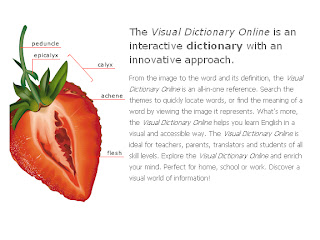Sincerely, talking about my experience as an English student, I can’t manage to remember those early years when English language started to come to my life. What I do remember clearly and fondly is the moment when I decided to be an English teacher and I would like to introduce it with a curious and real anecdote.
It was Christmas time and I was 7 years old. I was playing with my little sister in a supermarket while we both were waiting for my mother to buy some things. Suddenly, my sister pushed me towards an adult couple making me fall down just in front of them. The man asked me if I was Okay, but I couldn’t understand him. He didn’t stop asking me questions that I couldn’t answer because I didn’t understand any single word that he was saying to me! and it was so frustrating and, at the same time, so exciting for me that immediately I asked my mother what he was trying to say to me, but my mother told me: ‘I don’t know, darling. He was speaking another language…English, I suppose.’ English! That word didn’t stop ringing in my ears and I thought to myself: I DO want to learn English! Definitely, it was the starting point to be interested in everything related to English: its countries, the different cultures and lifestyle surrounding English. In fact, my passion for English language in general was so great that I started to behave myself like an English person: I usually pretended to imitate English language talking to my sister in public places speaking strangely as it was real English and I held the trolley in a supermarket from the other part, following the idea that English people make things the other way around.And that was the experience that made me feel comfortable with the English language.
Since that point, I have never considered English as the rest of the subjects. I felt something special inside every time my English teacher taught vocabulary or very simple grammatical structures at the beginning of my educational formation and, one day, due to the interest that I showed in class to collaborate and participate, my primary teacher advised me to study English at university. I think that this fact was the main reason why I managed to be a good English student.
In my secondary education period, English teachers at High School were quite efficient and they played an important role to determine my decision of becoming an English teacher. They all transmitted me the feeling of teaching English with real passion and enjoying honestly their job. From my point of view, this is the main point while teaching and the key to be successful at everything you are dedicating your life and effort.
However, regarding the content, I must say that they all were too much focused on teaching grammar structures. We were efficiently prepared to construct correct sentences with every single structure and I think that we were taught with an excellent base to know properly the 'skeleton' of a language. But, frankly, this is not enough for an English student class, no matter the level you belong to. Honestly, the lack of listening and speaking practice in class established an important “gap” in my formation, not being able to speak as fluently as I should according to my grammar level and it was a great change from ESO to Bachillerato due to the importance of achieving communicative skills, even though these skills were not thaught as hard as they should have been.
To conclude, from my experience as an English student, I can point out that the basis to teach successfully any kind of knowledge in any subject is transmit all that you really want to communicate with passion and feeling heartily what you are doing. That is the main link to complete the long chain of knowledge that makes students get involved in learning process. As a future English teacher, my principal aim, apart from making students see any sense in what they are learning, is guide them to a communicative purpose with real situations, focusing my teaching in what I have missed in my formation. I wish I could have the opportunity to do an excellent job in it.
Esther García García.




